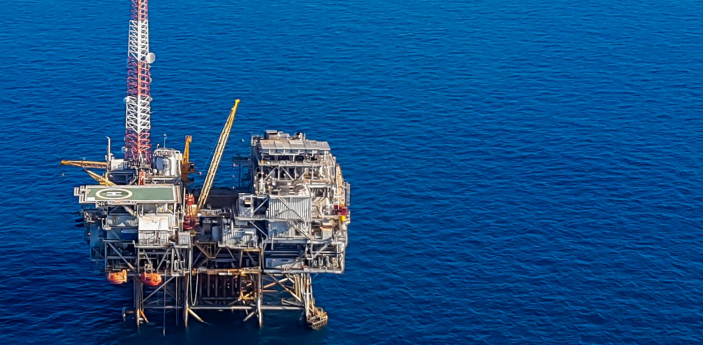The world’s biggest oil and gas companies are under pressure to leverage a crude price rally after years of austerity and to put a stop to output declines. In the meantime, more and more new project approvals are coming into place.
According to Reuters, companies are pressured to drill more, while wages are increasing and rates will have to increase.
[smlsubform prepend=”GET THE SAFETY4SEA IN YOUR INBOX!” showname=false emailtxt=”” emailholder=”Enter your email address” showsubmit=true submittxt=”Submit” jsthanks=false thankyou=”Thank you for subscribing to our mailing list”]
For example, Shell informed that its teams in the UK North Sea will now proceed to a rota of two weeks offshore then three weeks onshore. More frequent rotations mean that more ships and helicopters will need to be chartered. This will in turn increase costs slightly.
What is more, the boards of large oil companies are facing requests to invest in new projects. In fact, more new project approvals are coming up. Namely, Shell has taken a final investment decision (FID) on LNG Canada, a major liquified natural gas (LNG) project in Kitimat, British Columbia, in which Shell has a 40% working interest. With LNG Canada’s joint venture participants also having taken FID, construction will start immediately with first LNG expected before the middle of the next decade.
Boards are likely to give in to the pressure, as many companies have a standard range for spending, while committing to the lower end.
In addition, pressure to increase spending comes at a time when oil services companies are slowly increasing rates. However, a spending spike could reduce profits and revive wasteful practices.






























































